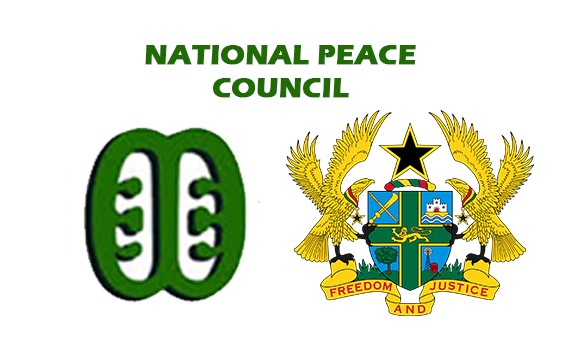News
Ghanaians’ opposition to removal of indelible ink due to mistrust of system – Peace Council

George Amoh, the Executive Secretary of the National Peace Council, has linked the opposition of some Ghanaians to the Electoral Commission’s proposal to remove indelible ink from the 2024 general elections to a lack of trust in the institutions and systems of the country.
He believes that fostering adequate trust in the system would mitigate such apprehensions towards state institutions.
Mr. Amoh expressed these views while speaking to the media at the inauguration of Denmark’s Support for Sustainable Development Goals (SDG) 13 and 16.
“I don’t think that we have to have a problem with the institutions of the state when we are going into elections. No, why should that be the case if we all trust the system? The issue of thumbprinting and all those kinds of things will not be an issue.”
“But it is because we have trust deficits, which I think we can use this opportunity to try to close the gap. So please let us do that,” he stated.
In December last year, the Chair of the Electoral Commission (EC) of Ghana, Jean Mensa, in a press conference announced that in the upcoming district-level election and subsequent polls, there would be no need for indelible ink.
Indelible Ink is a semi-permanent dye applied to voters’ fingerprints to indicate who has exercised their franchise and prevents double voting.
Jean Mensa explained that this was part of measures by the Commission to improve the electoral process and ensure a robust identification system.
However, various stakeholders, including the members of the opposition National Democratic Congress (NDC), have kicked against it, adding that the use of indelible ink not only ensures free and fair elections but has been proven to be time-tested for identifying persons who have cast their votes.
Source:Fiilafmonline/CitiNews



